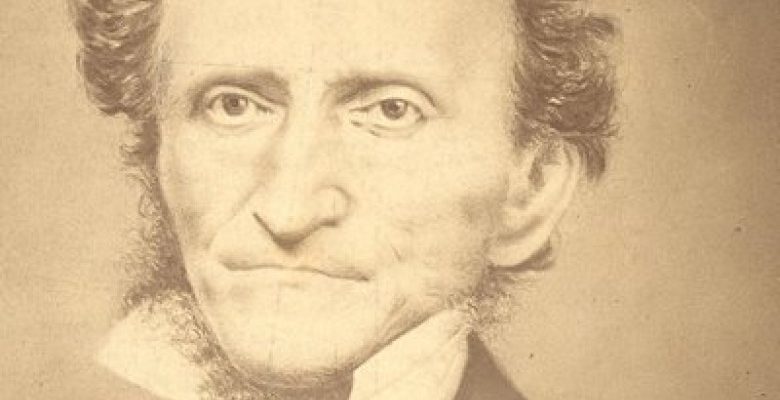We all expect, even demand our “rights” – right to life, liberty, civil rights, human rights, women’s rights, rights of the unborn. As Americans, we have a “Bill of Rights.” As followers of Jesus and members of the LCMS, we have rights within our Synod. That is, until someone tries to take them away.
“The Congregation’s Rights” in the Lutheran Church – Missouri Synod also demands our attention. Our Synod has a history of drifting away from our foundations, a tendency in our history to lift up the human organization of Synod, or the clergy, or Synod leadership above the congregation.
Sometimes there’s a group – or an individual – pushing us down that road away from an advisory Synod. It is happening now. We need to push back.
Executive Summary
Before the Synod was formed in 1847, the Saxon immigrants under Pastor (later “Bishop”) Martin Stephan had a polity in mind that would seem very foreign to us today in the LCMS. As they journeyed from Germany in 1838-1839 for America, their polity was strongly hierarchical, with a resolve that the clergy be considered a privileged class and that the laity would have nothing to say. It seems as though some in our current Synodical leadership would fit right into Stephan’s model of the Synod.
However, when the immigrants expelled their leader Martin Stephan for immoral reasons, C.F.W. Walther emerged as the Pastor who emphasized the Scriptural and Lutheran teaching of the “priesthood of all believers” and the “autonomy” of the local congregation. As a result, the Synod was founded in 1847 with a congregational polity, which is reflected in the current Constitution and Bylaws of the Synod.
The right of a congregation’s “self-government” includes calling of pastors and other church workers, conducting its mission and ministries at home and at large, owning congregational property, exercising the business and administrative matters of the congregation, etc.
Congregations Are of Divine Origin – the Synod a Mere Human, Advisory Organization
The congregation alone has the right by divine Institution. The Synod is but an advisory human organization. The Lutheran historical understanding of this divine “right,” comes from such Scripture passages as 1 Corinthians 3:21-22, Matthew 16: 17-19, Matthew 18: 17-20, John 20: 21-23 and others. The Lutheran Confessions also echo the above Scripture.
C.F.W. Walther, the first president of the Synod, defended the rights of the congregation against domination by the clergy or by the synod in his writings. With the Word of God, he accentuated the doctrine of the “Priesthood of All Believers,” who form congregations and who carry out their God-appointed mission.
Why Is This Important?
Think about the resolutions that made it to the floor of the 2016 Convention. We now have a Synodical President and administration working against will of the Council of Presidents (a “council” of all of the District Presidents plus the Synodical President and Vice Presidents elected by the Synod at large). The historical position of honoring “Congregation’s Rights” has been for the most part swept aside, with our Synodical President reaching in to control faculty appointments, ecclesiastical supervision by District Presidents, worship styles and more.
A congregation’s right to self-govern has been limited by recent actions. Attempts to restrict the nature and function of the local congregation in such areas of ministry as the involvement of the laity, the role of women, the role of the clergy, worship, resource materials and mission have been made. Some have succeeded. Others not.
Historically and constitutionally, however, the Synod’s role is “advisor.” Synod does not have the right to restrict the congregation’s right to direct its own mission and ministry life, decisions, administration and service.
We Must Be Ever Vigilant
The integrity of a congregation’s rights is a divine matter and must remain unaltered. In its covenant of Christian love, the “association of self-governing Lutheran congregations” we call Synod will voluntarily avoid the extremes of absolute synodical supremacy and a congregational self-governance (autonomy) which has no regard for fellow congregations – while always maintaining the integrity of the congregation’s rights.

